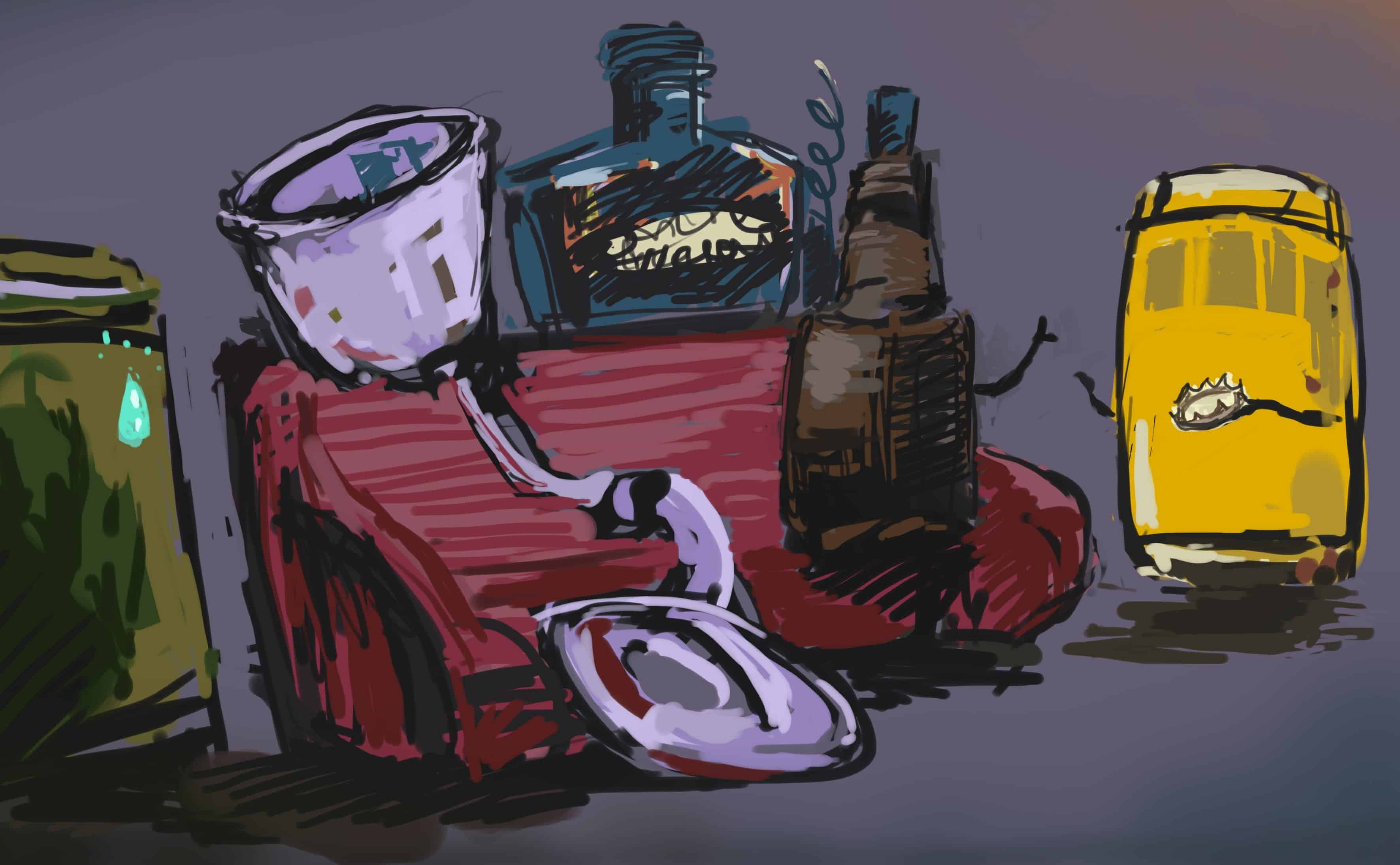“Transformational change” changes nothing

author: jermain mckenzie | URSU president

Credit: DonkeyHotey via Flickr
“As a student and a concerned resident of this province, I have witnessed Saskatchewan rise to the unenviable position of becoming the most expensive province in western Canada in which to pursue university education.”
The following is an editorial from the University of Regina Student’s Union’s President, Jermain McKenzie. The Carillon is happy to publish President McKenzie’s message, but this does not necessarily represent the Carillon’s views on this matter.
The words “transformational change” have become a mantra for the current government, and are being offered as the panacea for the province’s economic challenges. “Transformational Change” is the prescribed formula to bring “efficiency” and “savings” to the public sector, but if the reports of wage freezes and cuts to health and education are anything to go by, then “transformational change” is nothing more than a fanciful phrase for austerity. For almost a decade, post-secondary students of Saskatchewan have been experiencing some of the steepest tuition increases across Canada. At the University of Regina, average tuition increases have been around 4 per cent annually, which is approximately double the rate of inflation. If students were hoping that “transformational change” would be bringing them much needed relief, then they have been deceived by their youthful optimism.
As a student and a concerned resident of this province, I have witnessed Saskatchewan rise to the unenviable position of becoming the most expensive province in western Canada in which to pursue university education. Nationally, the province’s tuition fee is less than the average cost of a single textbook ($41) from surpassing Nova Scotia as the second most expensive province to study in Canada. This situation must cause us to question how becoming one of the most expensive provinces to study will affect our competitive advantage and our ability to keep the top students in the province for their post-secondary education.
Instead of improving the province’s competitive advantage, “transformational change” is shaping up to be a continuation and worsening of the difficulties already being faced by students. Many students have to work two or three part-time jobs, while taking a full load of classes. Still, many barely earn enough to cover food and living expenses, and therefore, are forced into taking out bigger loans to try and offset the annual increases in tuition. Let us not even mention the plight of many of our international students, because they, apparently, are not the government’s concern.
The stress involved with trying to obtain a post-secondary degree is starting to have a real effect on the mental health of students. More students are beginning to access the overburdened mental health services on and off campus, as they are worried about the unpredictable nature of increasing fees, the precarious nature of their part-time jobs, and the unaffordability of food and housing. The cumulative effects of all these issues are yet to be fully understood, and that is why the Students’ Union is committed to conducting a mental health survey to bolster what we already know through the number of students accessing our emergency bursary and food bank programs, and those who come to our office in desperate need of assistance.
The government needs to know that the farcical attempt at using empty rhetoric to make light of the desperate need for change has not gone unnoticed by students. We might be busy working two to three part time jobs and taking a full load of classes, but we are genuinely concerned about the future of this province and cannot ignore our duty to ensuring a better future, not just for ourselves, but also for the province on a whole. There is nothing “transformational” about increasing tuition, growing student debt and greater uncertainty about job prospects. Real transformational change means the removal of barriers to accessing postsecondary education and, investing in the province’s youth so that they possess the requisite knowledge and skills to transform the economy and move it away from overdependence on the natural resource sector.









